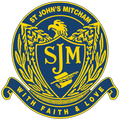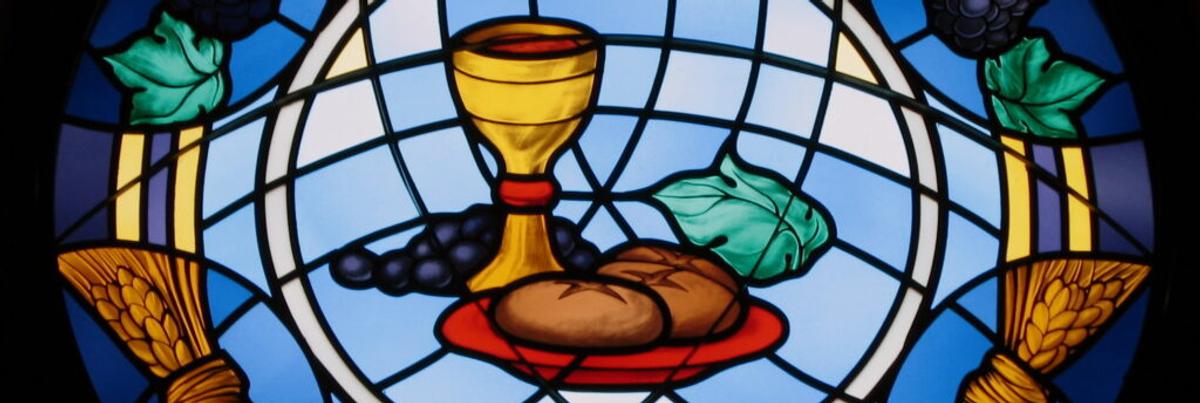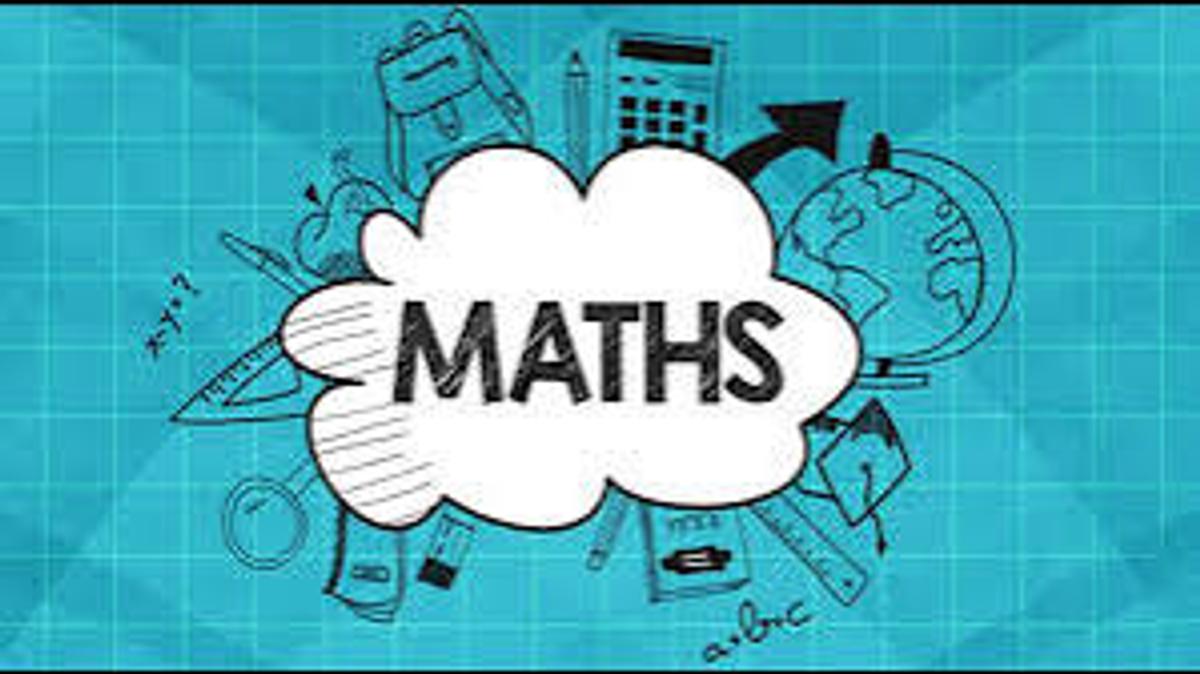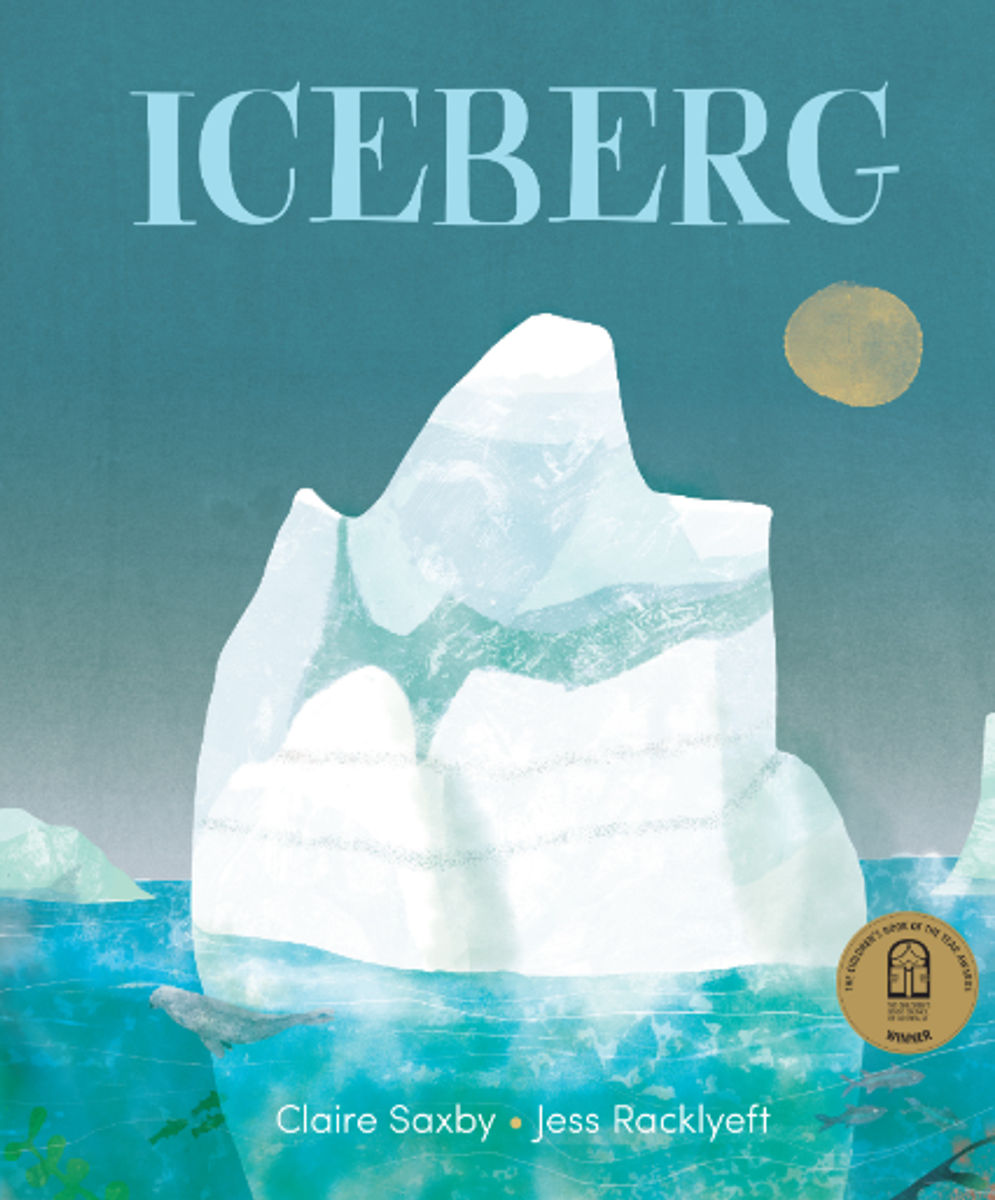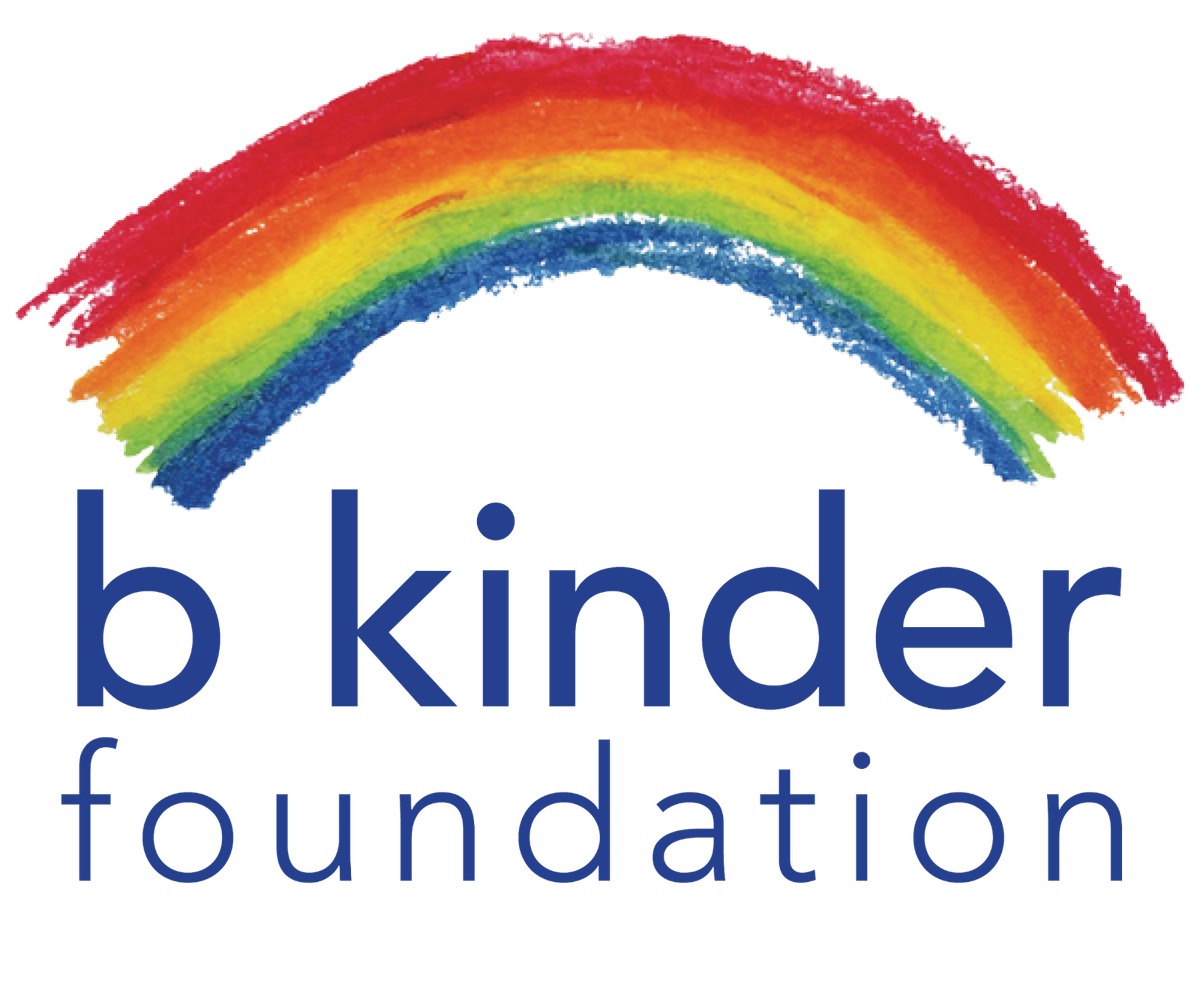Year 3/4 Term 2 Overview

Year 3/4 Term 2 Overview
Welcome to Term 2!
We hope that all families enjoyed the term break. It was wonderful to come back to school and listen to the children reconnect and share their school holiday events.
Important dates to remember
MAY
2 Fri Open Day
8 Thur Mother's Day Stall
9 Fri Mother's Day Breakfast 7:30am
9 Fri Year 3-6 Cross Country Event - Ruffy Park
14 Wed Grandparents Day - Mass, Activities and Morning Tea - 9am
16 Fri National Walk to School Day
26 Mon SCHOOL CLOSED - Staff PD
JUNE
13 Fri Year 3/4 Sports Gala Day
JULY
2 Wed Whole School Production - 7pm at The Round
3 Thur Last Day of School - 1pm Finish
4 Fri School Closure Day - TIL
Religious Education
To start the term, we will continue exploring the significance of Easter, deepening students' understanding of this important season in the Church calendar. Year 4 students will be preparing for their First Eucharist by participating in a special Eucharist Retreat Day and engaging in meaningful classroom activities that support their faith journey. Students will also be learning about the different parts of the Mass and key figures from the Bible through a variety of engaging Biblical readings, helping them to grow in their knowledge and appreciation of the Catholic faith.
Inquiry
During Inquiry, students will be exploring the topic of geography, with a focus on understanding different environments and climates. They will also be learning about the Indigenous Dreamtime, including the significance of Dreamtime stories and their connection to the land. As part of this learning, students will discover the names and meanings of significant Indigenous places, deepening their appreciation for Australia's rich cultural heritage and diverse landscapes.
Mathematics
This term in Mathematics, we will be focusing on the following areas, using evidence-based, knowledge-rich and sequenced lessons. Daily reviews and spaced practice will also be incorporated in our Maths lessons in order to reinforce learning and ensure retention.
Number
- Fractions
- Recognising and representing fractions (½, ⅓, ¼, ⅕, 1/10)
- Combining fractions with the same denominator to complete the whole
- Locating and representing fractions
- Counting by multiples of quarters, halves and thirds and locating these fractions on number lines
- Finding equivalent representations of fractions using related denominators and making connections between fractions and decimals
Algebra
- Addition and subtraction
- Adding and subtracting two- and three-digit numbers using place value to partition, rearrange and regroup numbers to assist in calculations without a calculator
- Making estimates when solving problems to determine the reasonableness of calculations
- Using mathematical modelling to solve practical problems involving additive and multiplicative situations, including financial contexts; formulate problems using number sentences and choose calculation strategies, using digital tools where appropriate
- Finding unknown values in numerical equations involving addition and subtraction, using properties of numbers and operations
Measurement
- Length and Area
- Identifying which metric units are used to measure everyday items
- Estimating, measuring (using instruments with labelled markings) and comparing objects using familiar metric units of length
- Estimating and measuring the perimeter and area of shapes/enclosed spaces, using appropriate formal and informal units
Space
- Location
- Interpreting and creating two-dimensional representations of familiar environments, locating key landmarks and objects relative to each other
- Creating and interpreting grid references and using directions to locate and describe positions and pathways
- 2D Shape
- Explaining and comparing the geometric properties of two-dimensional shapes
- Identifying and representing composite shapes and objects in the environment, using combinations of familiar shapes and objects
- Recognising line and rotational symmetry of shapes and creating symmetrical patterns and pictures
English
This term, we have begun our Literacy learning through the use of mentor texts, which support students in developing a range of important reading and writing skills. Some of the key focuses will include vocabulary development, understanding the writing process, and gaining a deeper comprehension of the texts we study. Our first mentor text is Iceberg by Claire Saxby, followed later in the term by Let’s Save Antarctica by Catherine Barr.
As part of our Writing focus, students will learn to follow the writing process to create explanation texts and information reports. To support Reading development, students will continue building their inferential comprehension skills through a variety of text types and targeted small group work with the teacher. In addition, Spelling will remain a focus, with explicit teaching of different phonetic skills, spelling patterns and rules, which will be reinforced through home learning tasks.
Social & Emotional Learning
This term in SEL, we will continue to revisit our Behaviour Expectation Matrix and Student Behaviour Chart through the use of consistent language and approaches, the modelling of positive behaviours and allowing for opportunities for practice.
During our sessions of The Resilience Project, we will explore empathy through videos and discussion. Students will learn the acronym ACT: ‘acknowledge’ the challenge, be a ‘companion’ and listen to the other person ‘talk’ as a strategy to help support and show empathy to others who are experiencing challenges. We will further explore how empathy can be shown through character strengths of kindness, love and social intelligence. Next, we will explore the definition of gratitude and the notion of rewiring and resetting our brains by focusing on positive changes and practising mindfulness.
We will complete the term by participating in activities for the b Kinder Day.
We are also partnering with The Resilience Project where we will engage in lessons and practical strategies that will teach the students about emotional literacy, gratitude, empathy and mindfulness.
STEM
This term our STEM unit is focused on Earth and Space, providing the students with hands-on opportunities to:
- explore, describe and represent the components of different soils
- examine the features of rocks and draw conclusions about what this might mean for their use
- investigate and model how weather may change rocks over time
- investigate and model how weather may change landscapes over time
Specialists Timetable
Please see the timetable below for specialist lessons. All 3/4 students will be required to wear their sport uniform on Friday. Students will also need to bring in their library bag and books on their designated library days.
Monday | Wednesday | Friday (Students wear P.E. Uniform) |
3/4B Library
| 3/4A Library
Performing Arts 3/4A & B
Chinese 3/4A & B | P.E. (skill based learning) 3/4A & 3/4B
Visual Arts 3/4A & B
Level Sport |
Home Learning
Homework will recommence in Week 3. The connections between home and school are very important.
Home Learning Recommendations:
Year 3/4 - Reading, Assigned Mathletics Tasks, Spelling,
5 Free choice activities and 3 compulsory activities presented in matrix fortnightly.
Please do not hesitate to contact us if you have any questions.
We can be reached via email or leave a message at the office and we will endeavour to respond in a timely manner, between 8am and 5pm on weekdays.
3/4A - Rebecca Stuart rstuart@sjmitcham.catholic.edu.au
3/4B - Nicole Webb nwebb@sjmitcham.catholic.edu.au (Monday-Wednesday)
3/4B - Anna Hendy ahendy@sjmitcham.catholic.edu.au (Thursday & Friday)
